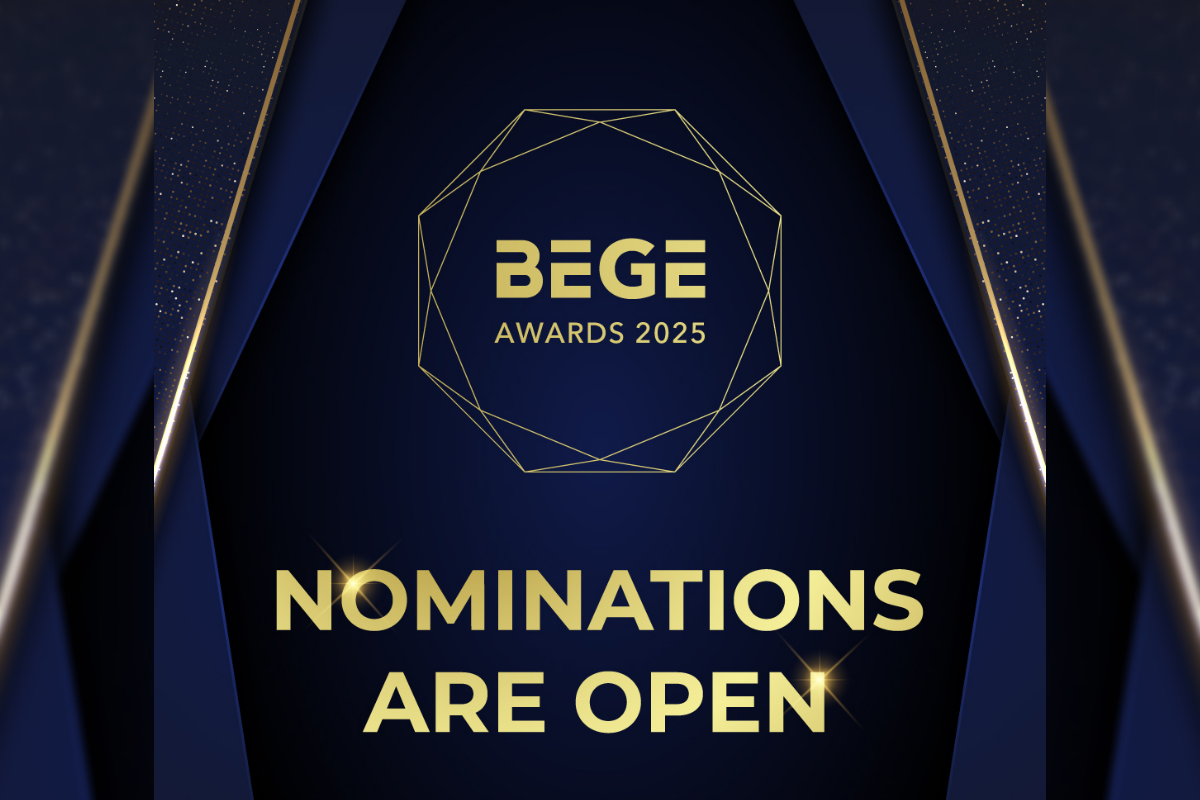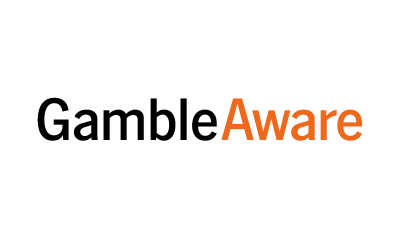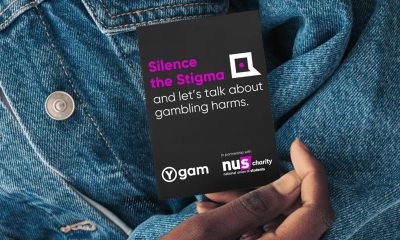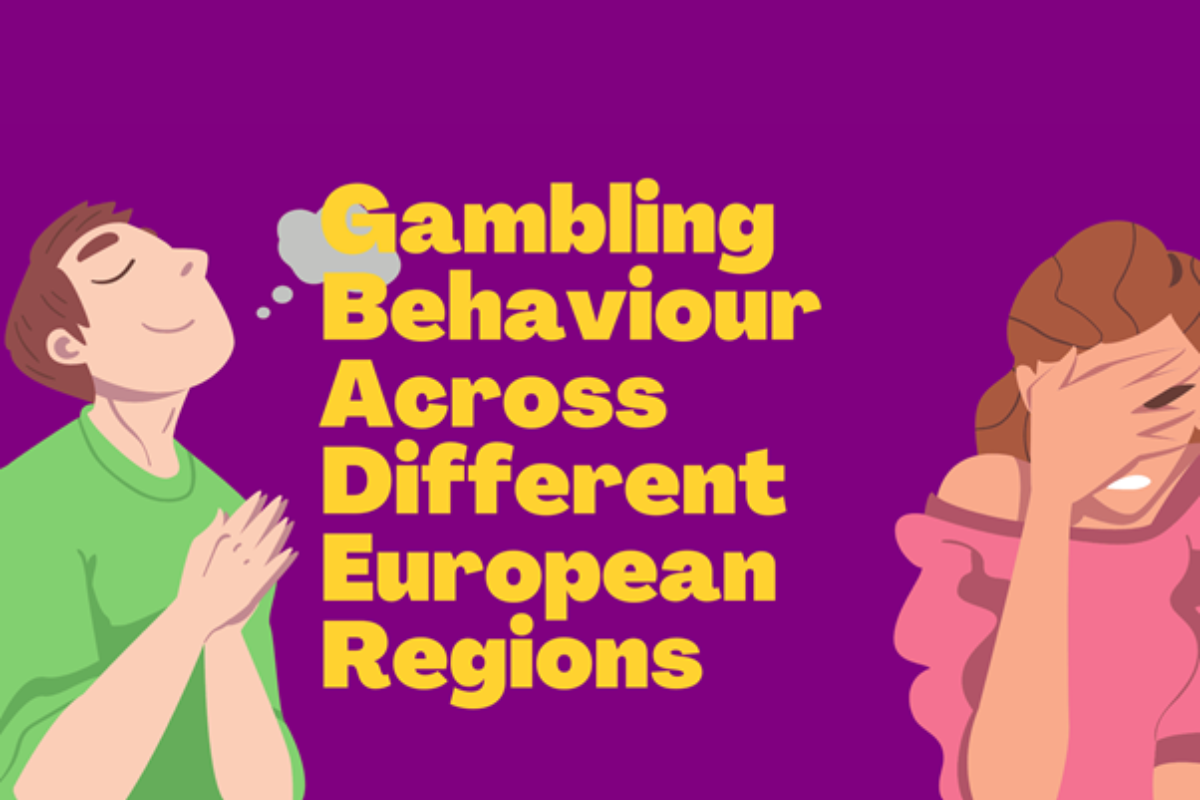Latest News
New Study Finds that Socially Excluded Communities Use Gambling to Cope with Discrimination, Loneliness and Other Problems

A new study from GambleAware has shown how people from communities that experience discrimination due to being marginalised and socially excluded use gambling to deal with their situations and loneliness.
GambleAware, the leading charity and strategic commissioner of gambling harms prevention and treatment services, funded an analysis by The National Centre for Social Research (NatCen) of 138 previous studies to explore how socially excluded groups are affected by gambling. The groups in the studies included people who experience or are at risk of homelessness, older people, people living with disabilities, neurodiversity or mental health challenges, criminalised communities and migrants in vulnerable circumstances such as asylum seekers.
Despite the diversity of these groups, the research identified a common thread across all of the groups that they often use gambling to cope with other difficulties in life, which are driven by social exclusion or discrimination. These issues include loneliness, mental health challenges, stress related to the process of migration and assimilating into a new culture, unemployment, challenges relating to job security and conditions, or poverty. Gambling was seen by people from the communities as a way to take their mind off these issues, or as a way to make money to try and get out of poverty.
The research also highlighted the disproportionate concentration of gambling venues in more deprived areas in Great Britain. People from marginalised, isolated or criminalised communities are more likely to live in these areas due to socioeconomic disenfranchisement, and so are more likely to see gambling venues around them.
Stigma was also identified as contributing to people’s experiences of gambling and gambling harm, and influenced whether they reached out for support and treatment. Marginalised communities in the study already experience stigma related to drug use, homelessness or mental health challenges, which not only intersect with one another, but also with stigma from gambling harms. This underscores the importance of GambleAware’s campaigns to reduce the stigma around gambling harm, to make people more willing to open up and come forward for help.
The report recommends that gambling treatment services need to be accessible, inclusive and adaptive to people with different needs to meet the realities of marginalised communities and break down barriers for them to access support. The report also recommends there should be further research to explore gambling harms among discriminated-against communities due to a lack of current evidence and understanding of their needs and the harm they experience.
GambleAware has already been working to improve access to services for people from some of these communities. The charity launched a large-scale funding programme, “Improving Outcomes for women and minority communities affected by gambling harm”, investing over £4 million in 25 organisations across Great Britain that support women or minority communities. Organisations receiving funding include Investing in People and Culture, which will use the funding to address gambling harms among ethnically diverse refugee and new migrant communities in Tyne and Wear; and the Flowhesion Foundation, which will support Pashtoon speaking women in the North West of England who are experiencing gambling harms.
Zoë Osmond, Chief Executive of GambleAware, said: “Our new report shows how people from marginalised communities, who are already dealing with many different issues in their lives, struggle with gambling harms.
“There needs to be more engagement with these communities to build awareness around the risks of gambling harm, and service providers need to ensure they can appropriately meet the needs of people in different circumstances. This is why we launched our Improving Outcomes Fund, to support organisations which are running programmes to help people from different communities.”
Dr Sokratis Dinos from NatCen’s Centre for Gambling Research said: “We were pleased to carry out this study for GambleAware. The report is a collection of findings and analysis of six scoping reviews, which were conducted to critically appraise existing evidence on gambling harms among communities in Great Britain who are subject to disproportionate marginalisation, social exclusion, or subject to criminalisation. The results show how vulnerability to gambling harms for some people in these communities will be driven by compounding inequalities, stigma, exclusion, and discrimination.”
-

 Asia6 days ago
Asia6 days agoDigital gaming disruption tackled in 1st AsPac Regulators’ Forum
-

 Africa6 days ago
Africa6 days agoBetKing Renews Ikorodu City FC Partnership for 2025/26 NPFL Season
-

 Compliance Updates6 days ago
Compliance Updates6 days agoKongebonus statement: Norway’s election result signals gambling policy continuity, but licensing debate is set to intensify
-

 Balkans6 days ago
Balkans6 days agoBEGE Awards Nominations Now Open – Celebrating 16 Years of Industry Excellence!
-

 Latest News6 days ago
Latest News6 days agoWin a Fruity Fortune in BGaming’s Bonanza Trillion
-

 Latest News6 days ago
Latest News6 days agoAnswer the Call of the Wild: ELA Games Unveils Its Latest Game “Buffalo Force”
-

 Latest News6 days ago
Latest News6 days agoSlots Temple Announces Exclusive Free-to-Play Tournament Partnership with Pragmatic Play
-

 Latest News6 days ago
Latest News6 days agoSaddle up for big wins under the Bison Moon with the latest slot from Northern Lights Gaming





























